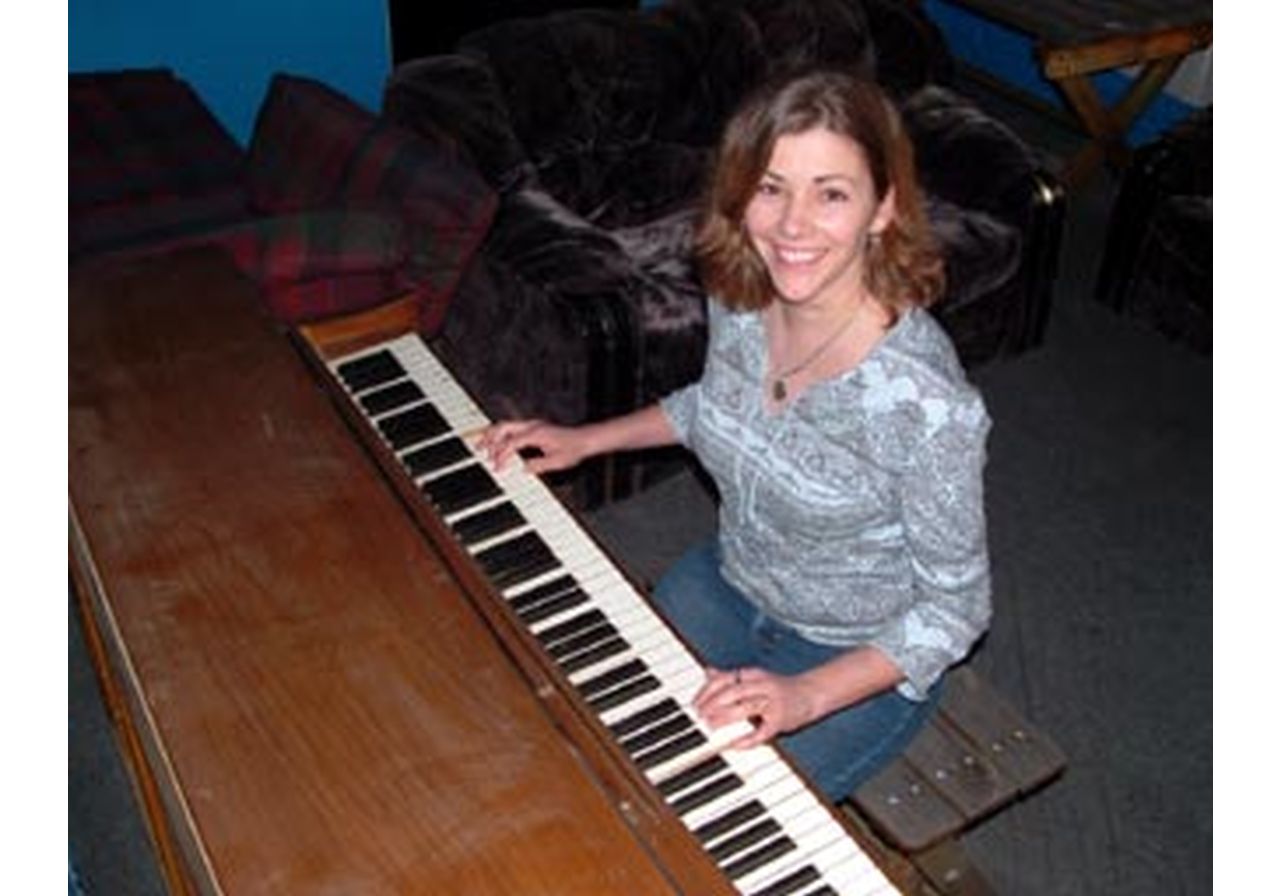

He didn’t even want to know the name of the original artist, for fear it would sway his own creativity. While writing new songs, he wanted as little information as possible: no vocal tracks, no song lyrics, no string arrangements nor guitar melodies.

McLean asked Toby Seay, director of the Drexel music archives, to strip out everything but the drums and bass, then send those rhythm tracks to him as MP3s. That’s the chemistry of these recordings.” “You could hear all the spillage - the piano on the drum track and drums on the piano track. “The whole song was six tracks: drums, bass, guitar, horns, strings, and piano and vocals on the same track,” he said. In modern music recordings, with nearly infinite digital tracks, drums are typically recorded with each drum element in its own track. “You push up a drum track, and it’s one track of drums,” said McLean. Some of the recordings are incomplete because the original artist may not have put down a vocal track, or the instrument tracks may never have been mixed. The label invited McLean to dig tracks at the Drexel archive, to find material for new songs. He went on to have a handful of reggae hits of his own, including covers of “Dedicated to the One I Love” and Fats Domino’s “It Keeps Raining.”īased in London, he hooked up with Drexel through the label Reservoir Records, which bought the licensing rights to the Philly Groove Records catalog, including some recording sessions from Sigma that were never released. McLean started in the business as a student when he got a gig working behind the board for UB40 in the 1980s, just as the band was breaking out. The workflow has to move fast.” From London to Drexel “It can be a bit of a shock, how sessions run,” he said.

Philly sound studio professional#
In Drexel University’s newly built music recording studio, McLean worked with students to remix the Sigma tracks and record his own songs on top of them. For some students, it was their first time in a professional studio session. Most Jamaican dub pulls rhythm tracks from old reggae sessions, not the Philadelphia Sound. Reggae artists might take influence from American R&B, but it’s rare to work directly with those old recordings. “You talk to Sly Dunbar, and he’ll talk about Earl Young and the way he tuned his drums,” said McLean, referring to the drummer from The Trammps and countless sessions for Philadelphia International Records. He said they are deep into the Philly Sound.

“There’s not a singer from the vintage era that would not identify Lou Rawls, Marvin Gaye, Nat King Cole.”įor decades, McLean has worked with Sly & Robbie, the highly prolific and influential Jamaican music producers and architects of dub. “The influence of soul music on Jamaican music is vast,” said McLean. Now, McLean is panning those 40-year-old tapes to find reggae gold. In the 1970s, the Sigma Sound Studio in Philadelphia was legendary for shaping the Philly Sound - lushly arranged funk and R&B for which the city was famous. When the founder of Sigma sold the studio in 2003, many of the tapes were donated to Drexel University, which discovered a trove of multi-track tapes that had never been mixed or released.
Philly sound studio archive#
British reggae musician Bitty McLean is in Philadelphia this week, at Drexel University transforming an archive of forgotten Philly funk, and rhythm and blues recordings into Jamaican dub.


 0 kommentar(er)
0 kommentar(er)
